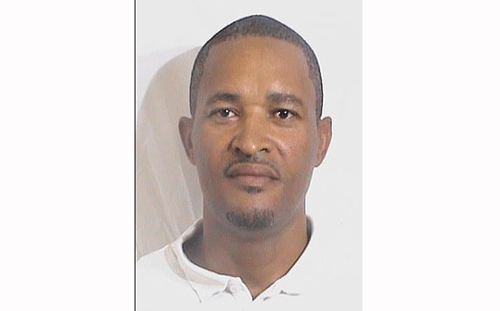Benedick Moody Louw
In a profound move to address historical injustices and honour the memory of those who suffered during the early 20th century genocide, the Namibian government has declared 28 May as Genocide Remembrance Day.
Announced by the government spokesperson, information minister Emma Theofelus, this day will be recognised as a public holiday starting in 2025. The decision comes amid ongoing socio-economic and political challenges, particularly the issue of landlessness, which remains a significant concern for many Namibians.
Historical significance
The establishment of Genocide Remembrance Day is a critical step towards acknowledging the atrocities committed against the Herero and Nama people by German colonial forces between 1904 and 1908. This genocide, recognised as the first of the 20th century, resulted in the deaths of tens of thousands of Herero and Nama people through systematic violence and forced displacement.
Minister Theofelus highlighted that the day is intended not only to remember the past, but also to educate future generations and promote national unity. It serves as a reminder of the need for justice and reconciliation in the face of historical wrongs.
Addressing landlessness
While the declaration of Genocide Remembrance Day is a symbolic victory, it also brings to the fore the ongoing issue of landlessness in Namibia. Many descendants of the genocide victims still struggle with land dispossession and economic marginalisation. The lack of access to land remains a critical barrier to socio-economic development for these communities.
The government’s commitment to remembering the past must be matched with tangible actions to address these enduring issues. This includes implementing land reform policies that ensure equitable distribution of land and resources, thus enabling affected communities to achieve economic stability and growth.
The introduction of the day can lead to several immediate, tangible results, including increased awareness and education.
By incorporating the history of the genocide into educational curricula and public discourse, Namibians will gain a deeper understanding of their history, and the ongoing impact of colonialism. Cultural and healing programmes: Commemorative events and cultural programmes can serve as platforms for healing and reconciliation, providing opportunities for communities to come together and honour their shared history.
Policy and advocacy: The recognition of this day can bolster advocacy efforts for reparations and justice. It can also drive policy discussions focused on addressing the socio-economic disparities rooted in historical injustices.
Socio-economic and political implications
The establishment of Genocide Remembrance Day also has broader socio-economic and political implications. Reparations: The day strengthens the call for reparations, and formal apology from the German government. Meaningful compensation and support for affected communities can help address economic disparities and promote healing.
Land reform and redistribution: As discussions around historical injustices gain momentum, there may be increased pressure on the government to accelerate land reform initiatives.
Effective land redistribution can provide economic opportunities, and improve living standards for marginalised communities.
National unity and identity: Recognising this day fosters a sense of national identity and unity. It emphasises the importance of collective memory, and the need to address past wrongs to build a more inclusive and just society.
In conclusion, Namibia’s decision to establish Genocide Remembrance Day is a significant step towards acknowledging and addressing historical injustices.
However, for this symbolic gesture to translate into meaningful change, it must be accompanied by concrete actions to address the socio-economic and political challenges faced by the descendants of the genocide victims.
By focusing on land reform, reparations, and inclusive policies, Namibia can honour the past, while building a brighter future for all its citizens.
*Benedick Moody Louw is a Nama descendant and land activist. He holds a Bachelor of Science degree in Agriculture from the Namibia University of Science and Technology, specialising in sustainable agriculture.


